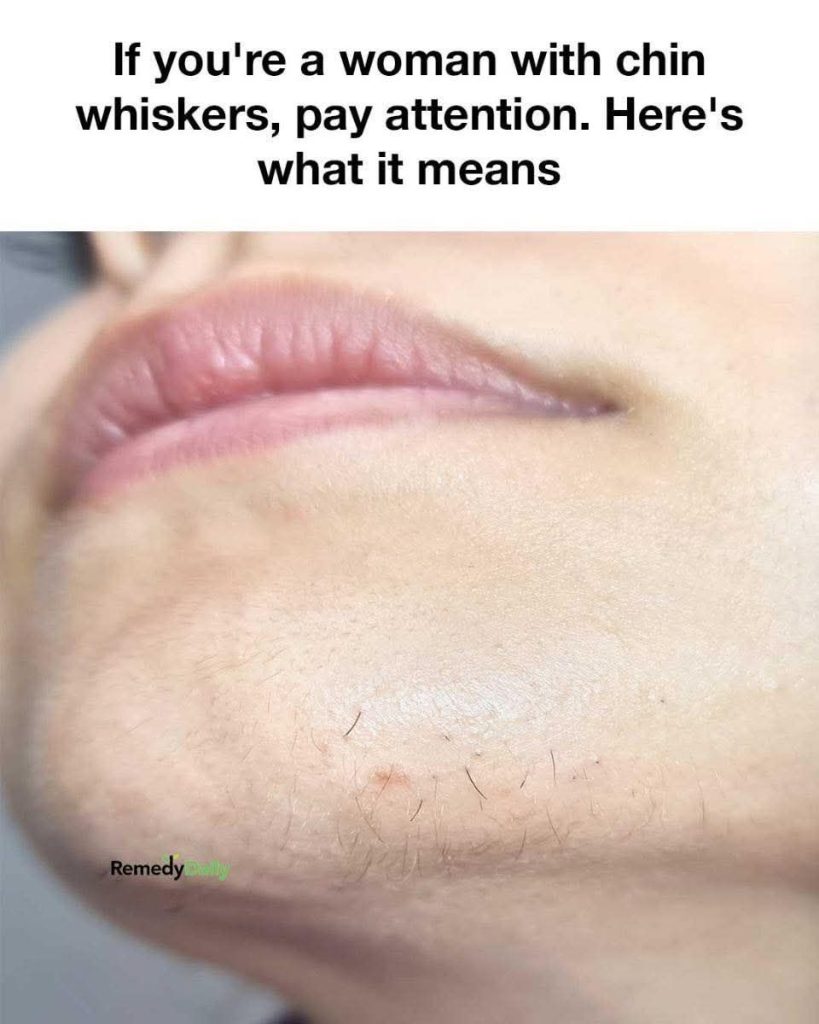
What Your Chin Hairs Might Be Telling You About Your Health
More Than Just a Cosmetic Concern? Here’s What to Know
If you’ve ever noticed a coarse hair (or several) pop up on your chin, you’re not alone. For many women, it’s a common—and often frustrating—experience. While occasional stray hairs are usually harmless, a noticeable increase or change in hair pattern could signal something deeper happening beneath the surface.
Let’s take a closer look at what chin hair growth might be trying to tell you about your health—and when it’s worth paying attention.
1. Hormonal Fluctuations
One of the most common reasons for chin hair growth in women is a shift in hormone levels—particularly an increase in androgens, like testosterone. All women produce androgens in small amounts, but even a slight imbalance can trigger hair growth in typically male-pattern areas, such as the chin and jawline.
Possible Triggers:
-
Polycystic Ovary Syndrome (PCOS)
-
Menopause
-
Thyroid imbalances
-
Starting or stopping hormonal birth control
✅ What to Do: If chin hair is accompanied by symptoms like acne, irregular periods, or unexplained weight gain, consider speaking with your doctor about hormone testing.
2. PCOS: A Common Root Cause
Polycystic Ovary Syndrome affects a significant number of women during their reproductive years and is one of the most frequent causes of excess facial hair (known as hirsutism).
Other PCOS Signs May Include:
-
Irregular or missed periods
-
Oily skin or chronic acne
-
Fertility challenges
-
Dark patches of skin (especially on the neck, groin, or underarms)
✅ Treatment Options: Managing PCOS may involve hormonal therapy, lifestyle changes, or insulin-regulating medications—all of which can help reduce excess hair growth over time.
3. Genetics and Ethnicity
Please Head On keep on Reading (>)
